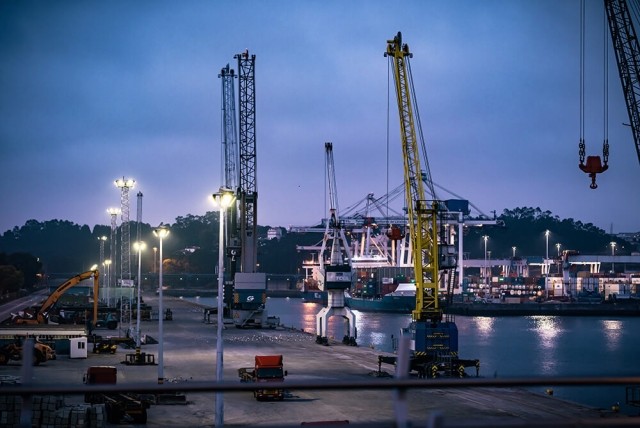Is this the beginning of a deglobalisation trend?

After decades of increasing openness in global trade, the past few years have seen a shift towards greater protectionism as a result of trade wars between China and the US, the disruption in supply chains caused by the pandemic, and more recently the war in Ukraine.
These megatrends are undermining the global trade system, according to José Viñals, group chairman at Standard Chartered, speaking at the seventh annual World Trade Symposium, held in London on March 31.
Another megatrend is the explosion in cross-border e-commerce, which has driven global services trade, Mr Viñals identified. However, the World Trade Organization (WTO) does not have the correct rules in place to address that phenomenon.
“We are at a juncture where we have a global trade order that is not fit for purpose for the changes that have taken place – and will continue to take place – in the global economy in the 21st century. We need a resetting for this century.”
“We are at a juncture where we have a global trade order that is not fit for purpose for the changes that have taken place – and will continue to take place – in the global economy in the 21st century. We need a resetting for this century,” he said.
In addition to a shift away from multilateralism, there is a meaningful reorganisation of global trade corridors. Standard Chartered, which has a large footprint in emerging markets, has witnessed the growth in south-south trade corridors over recent years.
For example, many firms started to restructure their supply chains as a result of the US-China trade wars. “The so-called ‘China plus’ strategy involves many producers keeping factories in China to supply the domestic market, which is huge. However, given the uncertainties about tariffs imposed on exports from China, many firms also have another set of factories in [countries such as] Vietnam and Cambodia to supply to the rest of the world,” Mr Viñals explained….
Click here to read the full article in The Banker
